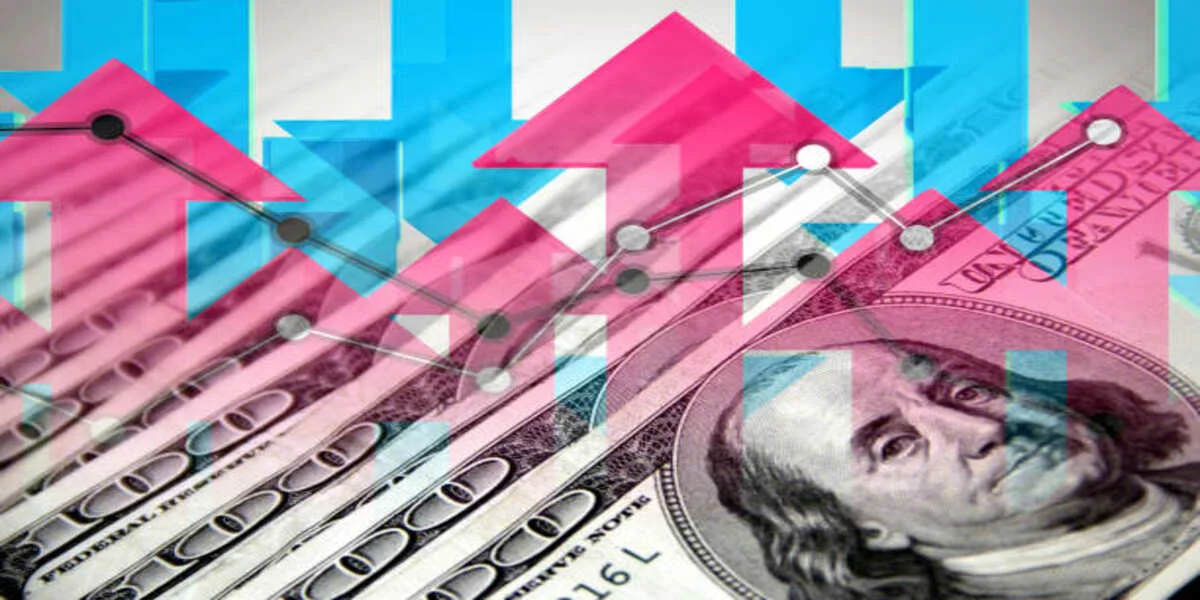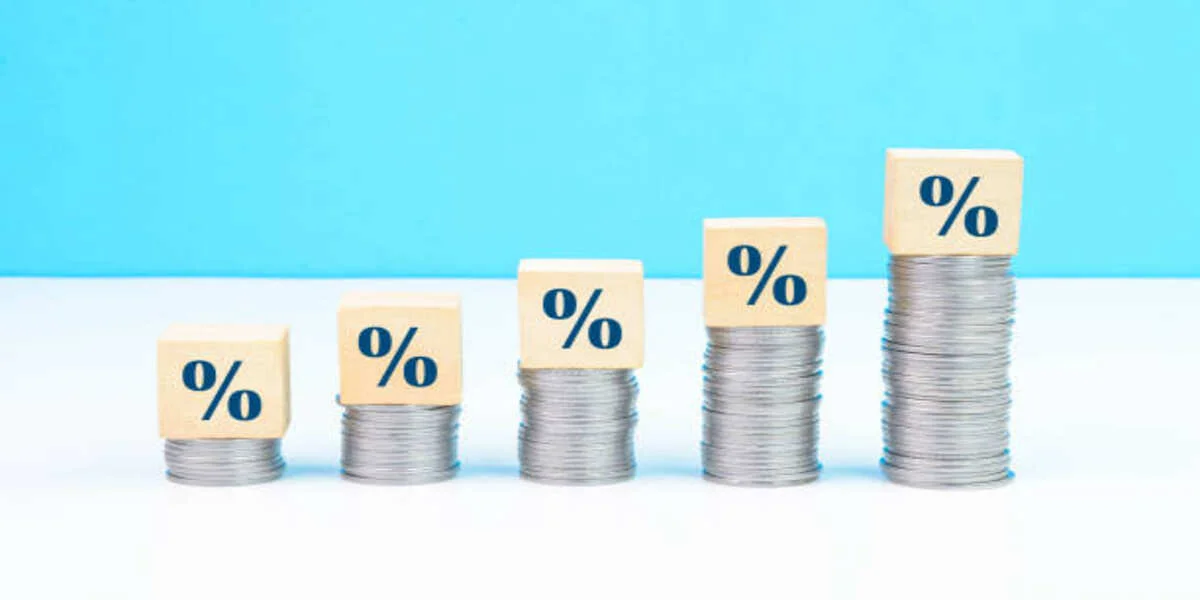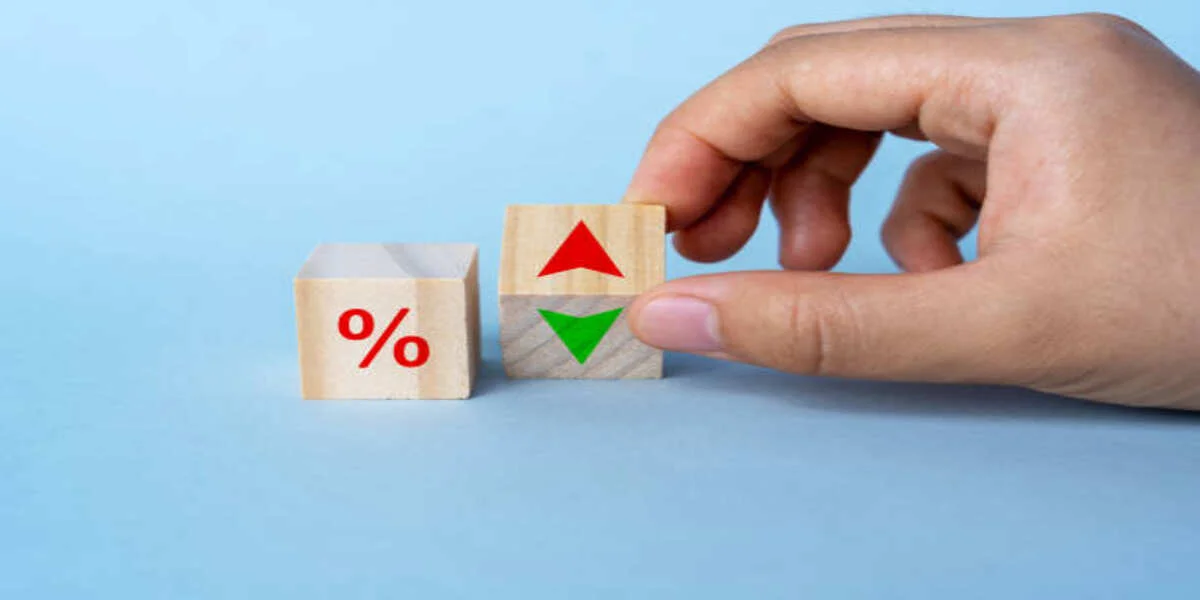Interest Rates Federal Reserve – Hey there, money mavens and economic enthusiasts! Ever heard the term “interest rates” thrown around and felt a vague sense of dread or excitement (depending on your financial situation)? Or maybe you’ve stumbled upon news articles about the “Federal Reserve raising rates” and wondered – what exactly does that mean, and how does it affect my daily life?
Well, fret no more! Buckle up for a crash course on interest rates and the Federal Reserve, the mysterious entity that controls them (sort of). We’ll ditch the jargon and keep things clear and relatable, so you can finally understand what those financial experts are talking about.
Interest Rates Federal Reserve: The Cost of Borrowing Money

Imagine you need a loan to buy a house or car. The interest rate is basically the fee you pay the lender for borrowing their money. It’s like a rental charge – the higher the rate, the more expensive it is to borrow. Think of it as the price tag on that wad of cash you need.
The Federal Reserve: The Rate Regulator
The Federal Reserve, also known as the Fed, is the central bank of the United States. They’re like the big kahunas who influence the overall health of the economy, and one of their key tools is setting interest rates. Now, they don’t directly set the rates you see at your local bank, but they heavily influence them.
Why Does the Fed Play with Interest Rates?
The Fed adjusts interest rates to keep the economic engine running smoothly. Imagine the economy is a car. If things are overheating (too much inflation), the Fed raises rates to cool things down. This makes borrowing more expensive, encouraging people to spend less and save more. Less spending means less demand for goods and services, eventually leading to slower price increases (aka inflation).
On the other hand, if the economy is sluggish (low inflation or even deflation), the Fed lowers rates. This makes borrowing cheaper, enticing people and businesses to spend more and invest, which can jump start the economy.
So, What’s the Deal with These Recent Rate Hikes?
Remember the “overheating” analogy? Well, that’s kind of what’s been happening lately. Inflation has been running hot, with prices for goods and services rising faster than usual. The Fed is trying to cool things down by raising interest rates.
How Do Higher Interest Rates Affect You?

Here’s the real-world impact on your wallet:
- Loans become more expensive: Need a mortgage, car loan, or student loan? Expect to pay a higher interest rate, which means a bigger chunk of your monthly payment goes towards interest, not the actual principal amount borrowed.
- Savings become more attractive: Since borrowing is pricier, saving becomes more appealing. With higher interest rates on savings accounts and certificates of deposit (CDs), you might earn a little more on your saved money.
- The stock market might get bumpy: Higher rates can make stocks less attractive to investors, potentially leading to some volatility in the market.
But Wait, There’s More! The Ripple Effect of Rate Hikes
Higher interest rates go beyond personal finances. They can impact businesses too. Borrowing becomes costlier for companies, potentially leading to slower hiring or even layoffs. This can affect overall economic activity.
The Balancing Act: The Fed’s Dilemma

Raising rates isn’t always sunshine and rainbows. While it helps fight inflation, it can also slow down economic growth. The Fed has to walk a tightrope, trying to control inflation without triggering a recession (a prolonged period of economic decline).
The Future of Interest Rates: Crystal Ball Not Included
Predicting the future of interest rates is like predicting the weather – it’s a tricky business. The Fed will likely continue raising rates in the near future, but how much and for how long depends on various factors like inflation levels and economic performance.
Stay Informed: Keep Your Financial Compass Calibrated
The world of interest rates might seem complex, but knowing the basics can help you make informed financial decisions. Keep an eye on news about the Fed’s policies and how they might affect your wallet. Talk to a financial advisor if you need personalised guidance on navigating the changing interest rate landscape.
This is just the beginning of your financial literacy journey! Remember, knowledge is power, and understanding how interest rates and the Federal Reserve work is a valuable skill for navigating the ever-evolving economic landscape. So, keep exploring, keep learning, and most importantly, keep your financial future bright!

